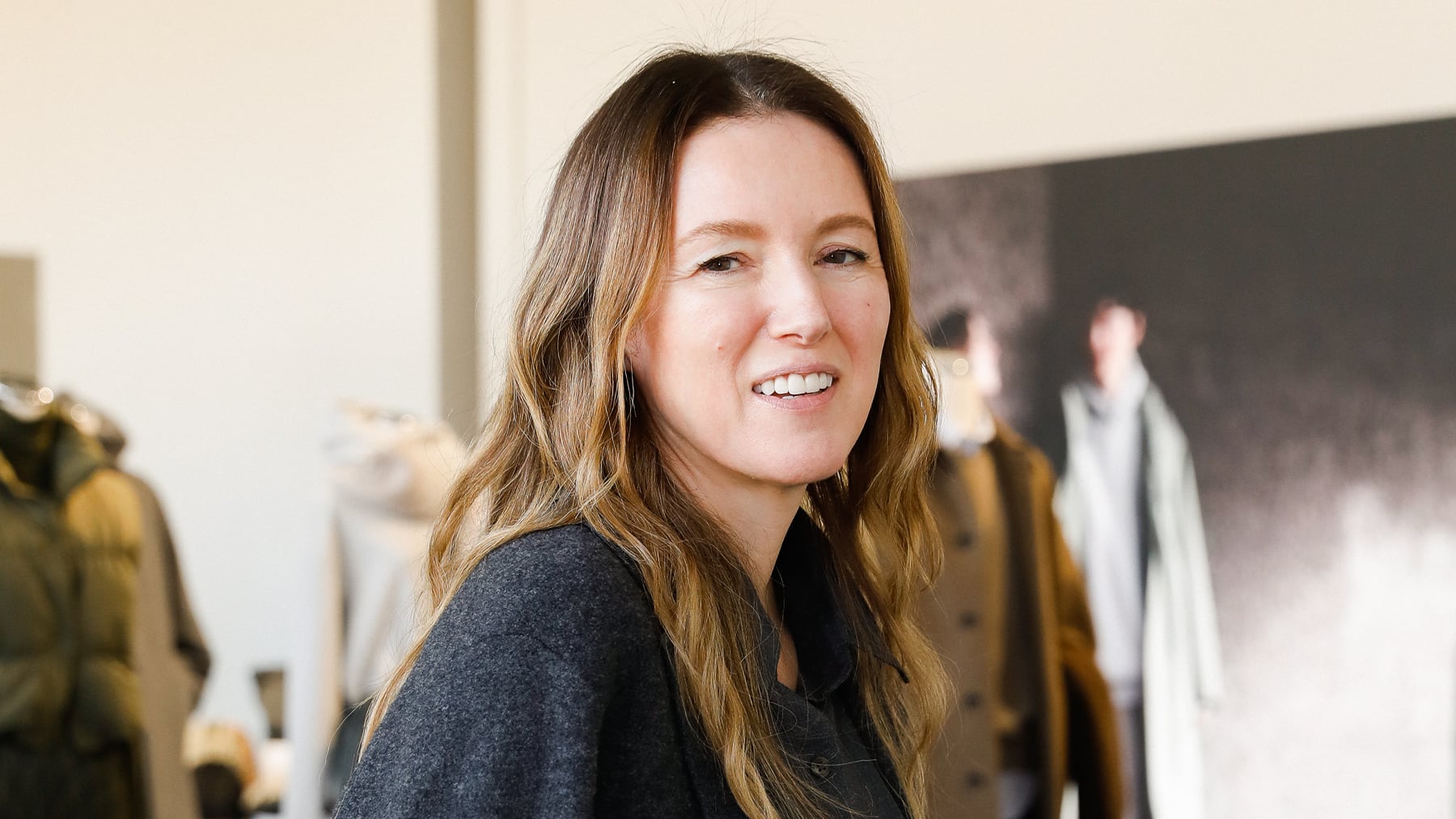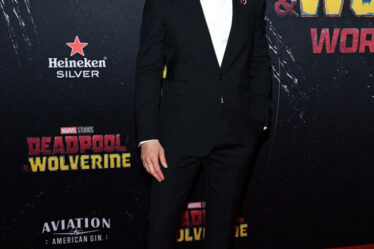
The author has shared a Podcast.You will need to accept and consent to the use of cookies and similar technologies by our third-party partners (including: YouTube, Instagram or Twitter), in order to view embedded content in this article and others you may visit in future.
Subscribe to the BoF Podcast here.
Background
Clare Waight Keller’s career in fashion has been defined by her versatility as a designer and desire to step outside her comfort zone. She started out specialising in knitwear at the Royal College of Art before taking on a role in knitwear at Calvin Klein and moving on to Ralph Lauren. She returned to Europe to work at Gucci under Tom Ford, and then stepped into creative director roles at Pringle, Chloé and Givenchy. Last week, it was announced that she was becoming the creative director of Japanese clothing retailer Uniqlo, which is targeted at the masses, not the classes.
Seeing new challenges as an opportunity to learn and grow, has led Waight Keller to make many unexpected decisions from the start of her career.
“Those moments when you are pushed to your boundaries and don’t quite know how to navigate … bring a great sense of drive for me. I love the idea of being uncomfortable with what I’m working on because it makes me learn quickly,” she said. “I enjoy the process of change, and I guess that’s why I’ve worked in so many different places.”
This week on The BoF Podcast, BoF founder and editor-in-chief Imran Amed sits down with Waight Keller to discuss her varied career path and her experience working in American, Italian, British, French and now Japanese fashion companies and how this has shaped her outlook on the industry.
Key Insights
- Growing up in Birmingham, England, Waight Keller was captivated by the vibrant subcultures she encountered. That influence led her towards art school, and eventually, fashion. “I distinctly remember standing at a bus stop, going to college, with punks, skinheads or goths — people who really expressed themselves through fashion and took it to a real sense of identity,” she said. “They just seemed like the most interesting people. I wanted to be part of that.”
- After working for predominantly male creative directors, Clare felt it was time to express her own perspective, leading her to the creative director position at Chloé in 2011. “There’s such a sensibility that women have in fashion because you try it on yourself, you wear it, you feel it,” she said. “I’m putting together what I believe to be my point of view of fashion and I really wanted to express that one day.”
- Waight Keller’s move to Uniqlo marked a shift from working in the world of luxury to mass fashion, which has required some adjustment. “Understanding the scale was just extraordinary. In luxury fashion, you work on a much smaller scale, even at big brands,” she said. However, with this came new opportunities. “With that scale comes incredible access to innovation, amazing fabric mills, and quality. They spend a lot of time developing the quality of their products.”
- Even as her career flourished, Waight Keller came to discover the inherent gender bias women face in the industry. “It’s still fairly male-dominated in management and across the business side of fashion … I had to make my family work around my career because even a season out in fashion can put you back a year, and people look at you differently.” With that, her advice to fellow female designers is not to “be afraid of a challenge and having to learn on the ground. I think that’s actually how you really get knowledge and become valuable,” she says.



